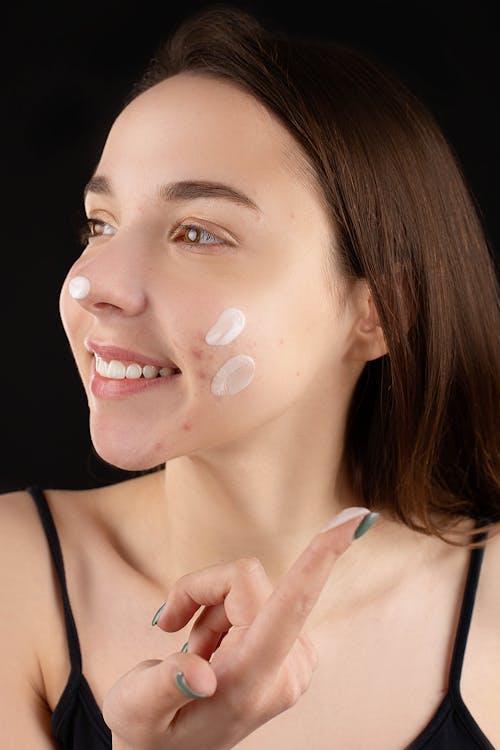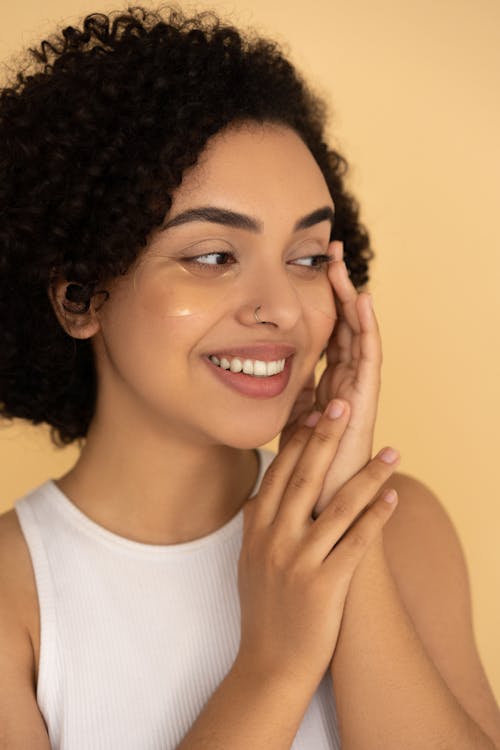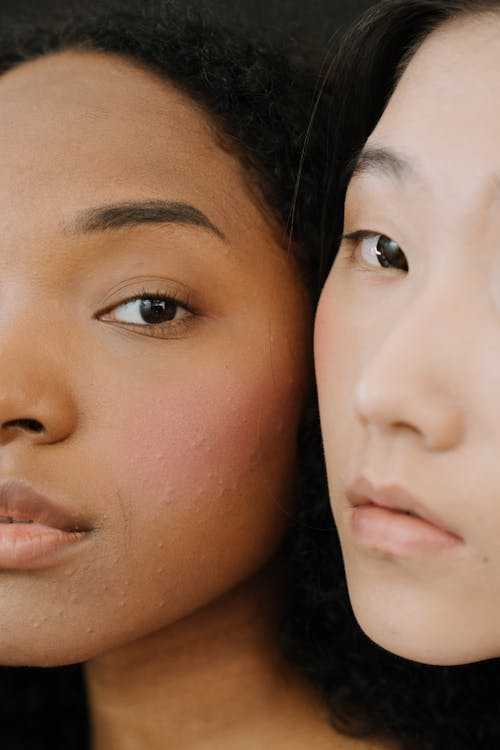How To Care For Acne

written by nail expert Jess Rowley
Topics we've covered
Do you dream of smooth glowing skin?
No matter your skin type, everyone at some point gets acne. But that doesn’t mean there’s nothing you can do about it. Unfortunately, it’s not as simple as just washing your face as some people seem to think. If you want clear skin, the first step you’re going to have to do is upgrade your skincare routine for acne.
How to care for cystic acne? There’s more to just taking acne medication or prescription meds if you want to learn to care for your acne prone skin. I’m going to show you my top tips to care for acne prone skin, so you can get that soft, clear skin that will look good and feel good. Having healthy skin can the world of difference when it comes to avoiding breakouts and treating acne.
So, here’s the deal
Whether you struggle with teenage acne or suffer from hormonal cystic acne that doesn’t seem to go away, there are things you can do to help treat your acne. One of the first things you need to do is find out the cause of it. There’s plenty of things that could be causing your acne, from a skin condition, not looking after your skin properly, or hormonal and dietary causes. One of the first things I suggest doing is finding the best cleanser for acne skin.
Are you doing any of these things that make acne worse? You might not realize it, but there are quite a few people who do things on a daily basis that can be contributing to their acne prone skin. I’m going to show you everything you should, and shouldn’t be doing for your dry skin.
Here’s a tip- Look out for products that are free from fragrance and irritating ingredients like drying alcohols. This is going to help prevent your skin from getting dry and irritated, especially if you’re using strong acne treatments. Or, why not try Diy facial cleanser for acne?
Stay tuned!
Types of acne
There are two types of acne, non inflammatory and inflammatory. When we talk about noninflammatory it refers to clogged pores, blackheads and whiteheads. It is generally categorized as mild acne and can be easy to spot. Blackheads are dark pinpoints on the skin and are flat, but whiteheads or pimples tend to be raised bumps with a white point.
Inflammatory acne is anything that looks red on your skin and feels more painful than just pimples. This can also include papules, and pustules as well as more severe acne such as nodules and cysts.
Papules look like small red bumps and pustules contain pus. You can also get deeper, painful acne in the form of inflamed bumps that seem to be under the skin. These are cysts.
What is acne vulgaris? This is very common and is characterized by inflammatory and non inflammatory acne. That means pimples, blackheads, cysts and other types. Acne vulgaris is caused by clogged pores.
Symptoms of acne vulgaris
-Pus filled bumps
-cysts and nodules
-oily skin
-blackheads
-whiteheads
Causes of acne
Acne can be caused by different things such as hormones, oil and bacteria. When your skin produces too much oil, built up skin cells and bacteria clog your pores, it can cause breakouts. Every pore on your skin has a hair follicle, and sebaceous oil is produced there. Sebum isn’t necessarily a bad thing, since its what keeps your skin soft and hydrated, but too much of it can contribute to acne.
Some causes of acne include:
-Follicles producing too much oil
-Dead skin cells clogging pores
-Bacteria
-hormonal imbalance
Often we associate acne with teenagers, but acne can happen at any age. Some people even decide to take hormonal birth control to help manage acne. Either way, when you get acne it’s because there are clogged pores and inflammation. How to care for baby acne?
Tips for how to care for acne prone skin
Dealing with acne is no fun, but there are some things you can do to improve it.
Wash your face twice a day
Washing your face twice a day with lukewarm water and a gentle cleanser is very important when dealing with acne. After all, you don’t want to be leaving any bacteria on your skin that could contribute to acne. Gently massage your skin using your fingertips in circular motions. Don’t scrub or use strong cleansers as this can irritate your skin.
Don’t pop your pimples
As tempting as it is to pop your pimples, do yourself a favour and dont do it. When you pop a pimple, you can actually cause infection, and push the pus into the skin making it swell even more and eventually scar. When you notice you have a pimple coming up, treat it as early as possible to minimise the risk of infection.
Avoid touching your face
Bacteria from your fingers can be transferred onto your face and skin if you constantly touch your face, and can even produce more oil. Regularly wash your hands especially before doing your skincare. that goes for anything that touches your face such as glasses, make sure you keep them clean too.
Use breathable fabrics
If you struggle with body acne, I would suggest only wearing quality, breathable fabrics like cotton and avoiding synthetic fabrics like polyester. These can irritate your skin and make it sweat or produce more oil. Make sure you take daily showers especially if you have sweated that day.
Final Thoughts
Knowing how to care for acne is not just about using acne treatment. Acne prone skin can also be sensitive skin, that has acne breakouts and acne scars, or a chronic skin condition that might clog pores.
This goes for everyone, including those taking acne treatment. The first step is to wash your face with a mild facial cleanser, especially if you wear makeup so you can get rid of acne causing bacteria on the skin’s surface but also on your makeup brushes. Make sure you finish off wearing spf to protect from sun exposure and uvb rays, preferably broad spectrum protection from a mineral sunscreen with zinc oxide.
Some good ingredients include benzoyl peroxide or glycolic acid which is good even on combination skin.
For more serious skin conditions like acne vulgaris, over the counter medications may not be enough, so it’s a good board-certified dermatologist to prevent breakouts. Remember that these treatments are strong and can irritate your skin, so use a thin layer. Don’t be too harsh on new breakouts or new pimples. Your skin care routine should be gentle, a non abrasive cleanser that is oil free to clear acne and dark spots, with warm water. Don’t use rubbing alcohol to keep your pores clear, or dirty towels as this can actually cause new breakouts. Nobody wants more acne right?
What’s your go to tip for acne?
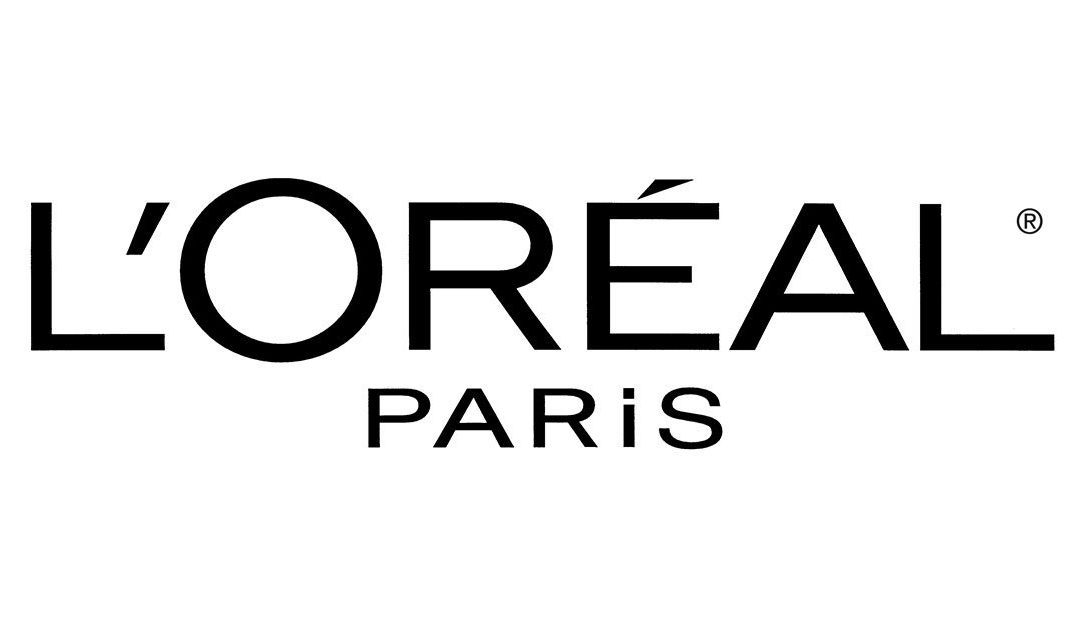
Best L’Oreal Products For Men
[Review] in 2022 written by nail expert Jess RowleyCheck out the results fast - here are our review winners[dica_divi_carousel item_width_tablet="400px" item_width_phone="345px"...
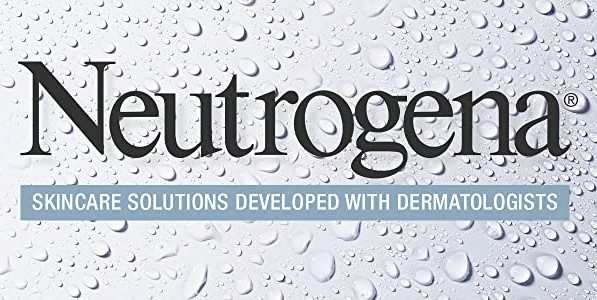
Best Neutrogena Skincare Products
[Review] in 2022 written by nail expert Jess RowleyCheck out the results fast - here are our review winners[dica_divi_carousel item_width_tablet="400px" item_width_phone="345px"...
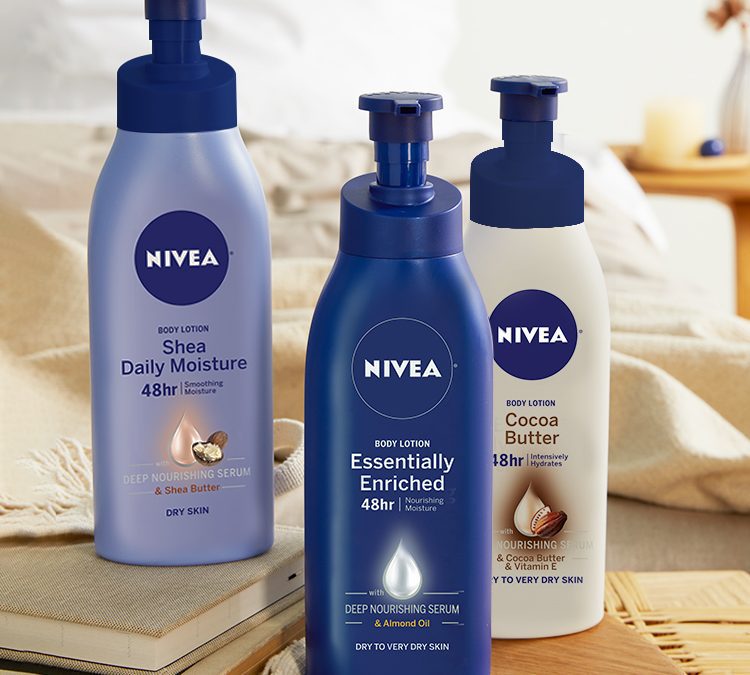
Best Nivea Products For Men
[Review] in 2022 written by nail expert Jess RowleyCheck out the results fast - here are our review winners[dica_divi_carousel item_width_tablet="400px" item_width_phone="345px"...
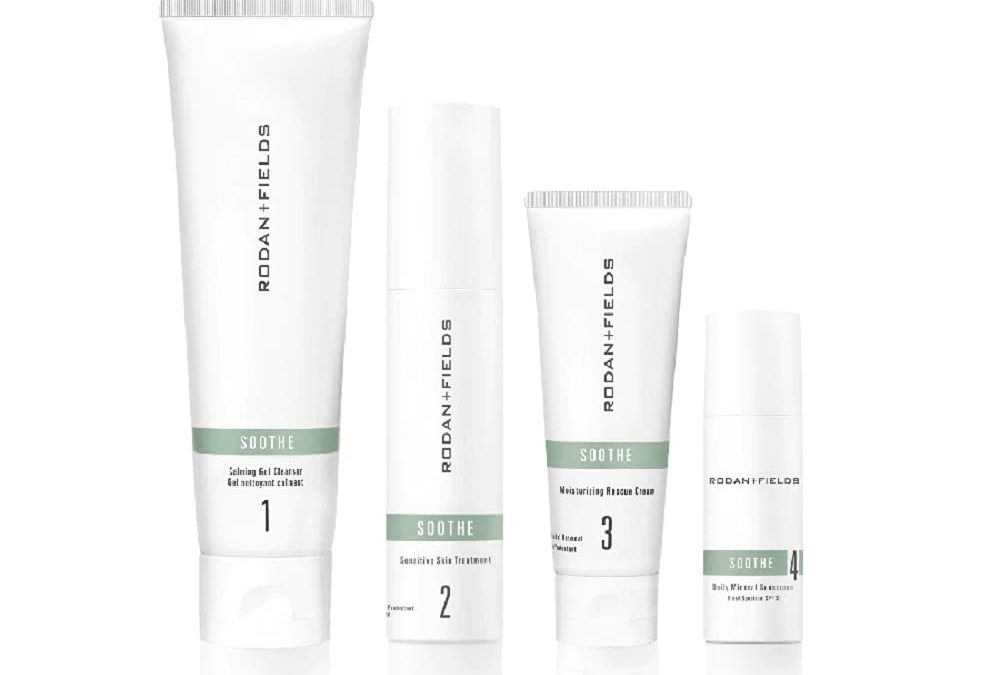
Best Rodan+ Fields Products
[Review] in 2022 written by nail expert Jess RowleyCheck out the results fast - here are our review winners[dica_divi_carousel item_width_tablet="400px" item_width_phone="345px"...
Related Post: Best Purple Shampoo For Blonde Hair:
